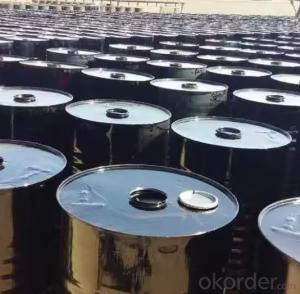high voltage lithium lifepo4 solar home 240v 12.3 KWH ess stacked battery energy storage system
- Loading Port:
- SHANGHAI
- Payment Terms:
- TT OR LC
- Min Order Qty:
- 50 set
- Supply Capability:
- 5000 set/month
OKorder Service Pledge
Quality Product, Order Online Tracking, Timely Delivery
OKorder Financial Service
Credit Rating, Credit Services, Credit Purchasing
You Might Also Like
Item specifice
Application:
Home
Output Voltage (V):
240 v
Work Time (h):
8 hours
Introduction:
HP-HV01 is a modularly expandable Lithium ion battery storage system.
The system can be built as quickly as a stack of bricks.
The system is composed of brick battery packs and an energy control box.
The brick battery packs are stacked one by one, and the energy control box is placed on the top of the brick battery pack,
it is easy to add up all these to form an energy system for users.
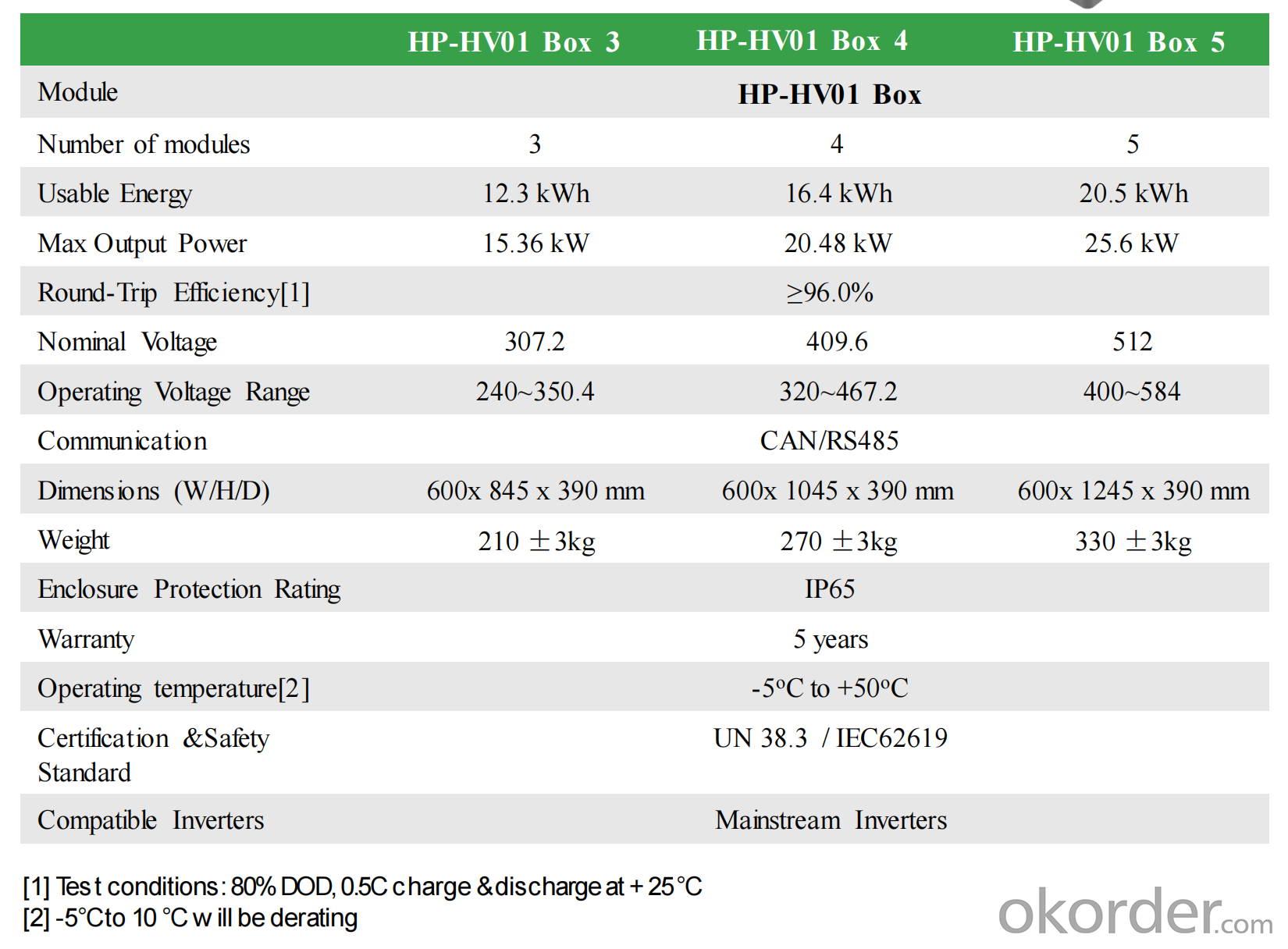
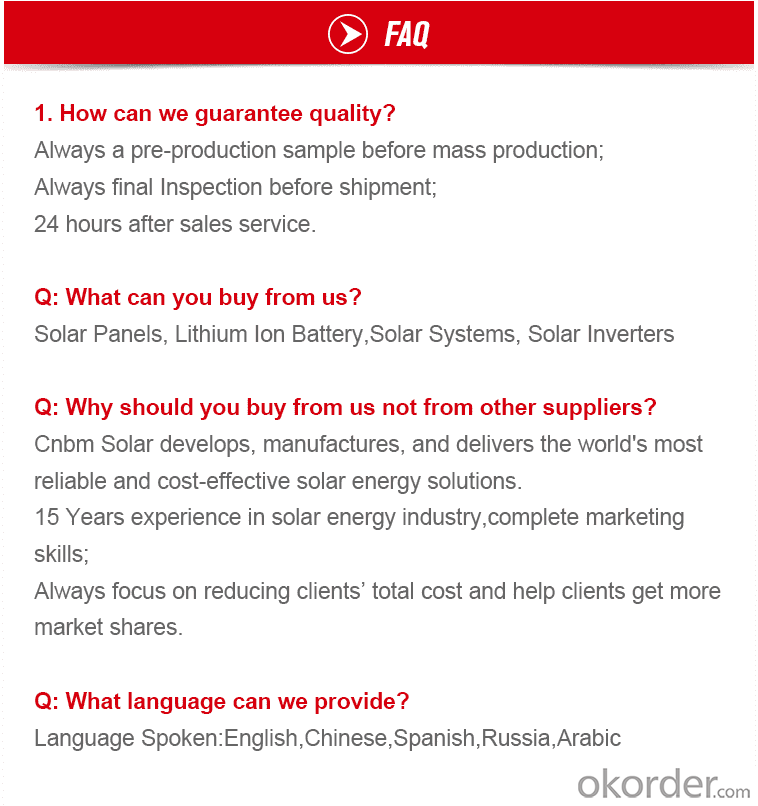
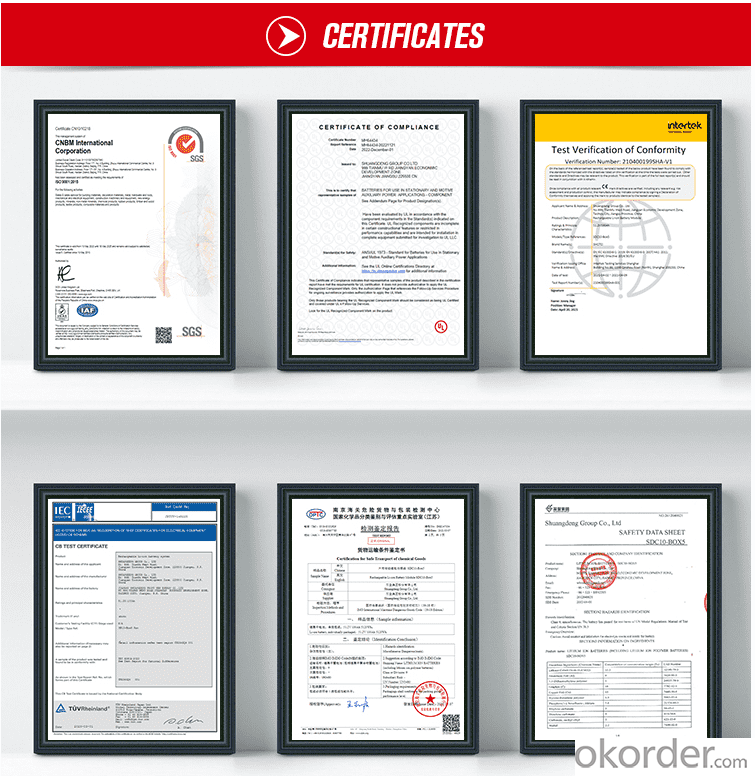
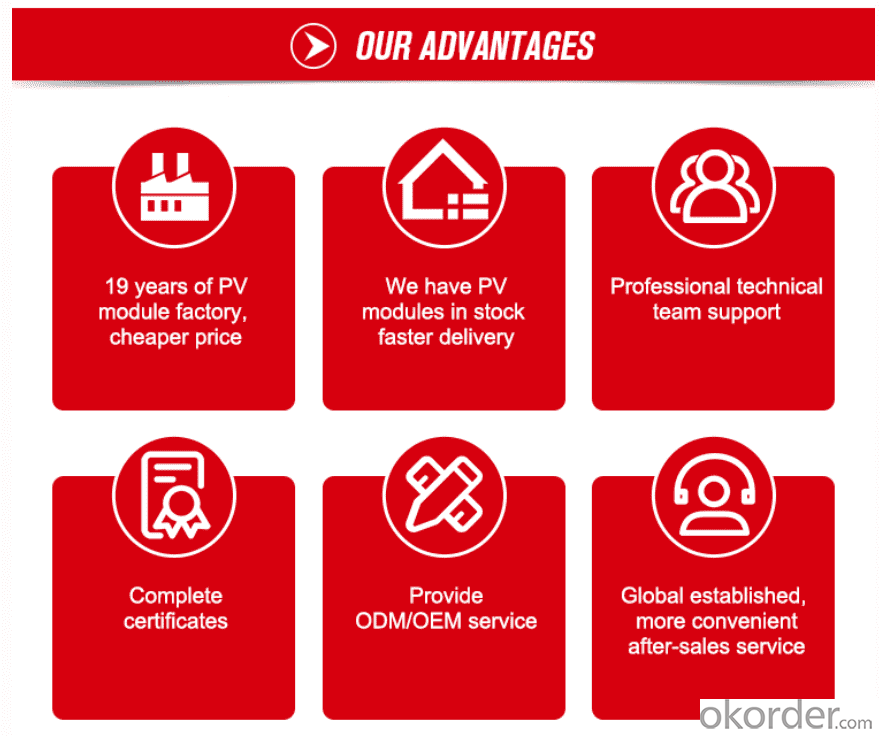


- Q:Can solar panels be used in military operations or remote military outposts?
- Yes, solar panels can be used in military operations or remote military outposts. They provide a reliable and sustainable source of energy, reducing dependence on fuel supply lines and minimizing the environmental impact. Solar panels can be easily integrated into various military systems, providing power for communication equipment, surveillance systems, and other essential devices. Additionally, their portability and ability to operate in remote locations make them a practical solution for military operations and outposts where access to traditional power sources may be limited.
- Q:Can solar energy systems be used for charging electric vehicles?
- Yes, solar energy systems can be used for charging electric vehicles. Solar panels can convert sunlight into electricity, which can then be used to charge the batteries of electric vehicles. This is a sustainable and environmentally friendly way to power electric vehicles, reducing reliance on fossil fuels and lowering carbon emissions.
- Q:Can solar energy systems be used in areas with limited access to security?
- Yes, solar energy systems can be used in areas with limited access to security. Solar energy systems are versatile and can be implemented in remote or insecure areas, providing a reliable source of electricity without the need for extensive infrastructure or grid connections. These systems are often self-contained and require minimal maintenance, making them suitable for deployment in areas where security may be a concern. Additionally, solar panels can be discreetly installed in secure locations or protected through various measures to ensure their longevity and functionality.
- Q:What is net metering and how does it work with solar energy systems?
- Net metering is a billing arrangement that allows solar energy system owners to receive credit for the excess electricity they generate and feed back into the grid. With net metering, when a solar energy system produces more electricity than is being consumed, the excess energy is sent back to the power grid, and the homeowner or business owner receives a credit on their utility bill. This credit can then be used to offset the cost of electricity when the solar system is not generating enough power, such as during nighttime or cloudy days. Essentially, net metering ensures a fair and efficient exchange of electricity between the solar system owner and the utility company, making solar energy systems more economically viable and accessible.
- Q:How does a solar panel generate electricity?
- A solar panel generates electricity through the photovoltaic effect, where sunlight is converted into electrical energy. This process occurs when the photons in sunlight strike the solar cells within the panel, causing the electrons in the cells to be excited and flow as an electric current.
- Q:Can solar energy systems be used for transportation?
- Yes, solar energy systems can be used for transportation. Solar-powered vehicles, such as solar cars, solar boats, and solar planes, have been developed and successfully used for transportation purposes. These vehicles harness the energy from the sun through solar panels, converting it into electricity to power their propulsion systems. While solar energy may have limitations in terms of efficiency and range, advancements in technology are continuously improving the viability of solar-powered transportation.
- Q:Can solar energy systems be installed on historical buildings?
- Yes, solar energy systems can be installed on historical buildings. However, it requires careful consideration and expertise to ensure that the installation does not compromise the historical integrity of the building. Solar panels can be mounted on rooftops or integrated into the building's design in a visually appealing and non-intrusive manner. Historic preservation guidelines, local regulations, and the expertise of architects and preservation professionals play a crucial role in determining the feasibility and appropriate installation methods for solar energy systems on historical buildings.
- Q:Are there any safety certifications required for solar energy systems?
- Solar energy systems require safety certifications to ensure their safe operation. In most countries, these systems must meet specific safety standards and regulations before installation. These certifications guarantee that the solar panels, inverters, and other components are manufactured and installed in a way that minimizes electrical hazards, fire risks, and other safety concerns. The International Electrotechnical Commission (IEC) 61730 standard is one of the most common safety certifications for solar energy systems. It ensures that the solar panels meet strict safety requirements, including mechanical strength, resistance to environmental factors, and electrical insulation. It also includes tests for fire resistance, which is crucial to prevent potential hazards. Safety certifications are also required for solar inverters, which convert the DC generated by solar panels into the AC used in homes and businesses. The IEC 62109 standard is widely recognized for verifying that inverters meet safety requirements such as electrical insulation, protection against overvoltage and overcurrent, and proper grounding. Moreover, the installation of solar energy systems must comply with local electrical and building codes that often incorporate safety requirements. These codes guarantee correct and safe installation, including proper wiring, grounding, and protection against electrical faults. Adhering to these safety certifications and regulations is essential for solar energy system manufacturers, installers, and users. It ensures the safe and reliable operation of the systems, minimizing the risk of electrical accidents, fires, and other safety hazards. This provides peace of mind to both system owners and the surrounding community.
- Q:What permits or approvals are required for installing a solar energy system?
- The permits and approvals required for installing a solar energy system may vary depending on the location and regulations of the specific jurisdiction. Generally, some common permits and approvals that might be required include building permits, electrical permits, zoning permits, and interconnection agreements with the local utility company. It is recommended to consult with local authorities or hire a professional installer who can guide you through the specific requirements in your area.
- Q:Can solar energy systems be used in powering street cameras or surveillance systems?
- Street cameras and surveillance systems can indeed be powered by solar energy systems. Solar energy is a reliable and independent source of power that is sustainable and renewable. To utilize solar energy, one can install solar panels on rooftops or mount them on poles near the cameras. These panels capture sunlight and convert it into electricity, which can then be stored in batteries. This stored electricity can be used to power the cameras and surveillance systems even when sunlight is scarce or at night. By utilizing solar energy for street cameras and surveillance systems, we not only reduce our reliance on traditional power sources but also contribute to reducing carbon emissions and minimizing our overall environmental impact. Moreover, solar-powered systems prove to be cost-effective in the long run as they eliminate the need for expensive cabling and provide a self-sustaining energy solution. In conclusion, solar energy systems are an excellent choice for powering street cameras and surveillance systems due to their sustainability, reliability, cost-efficiency, and environmental friendliness.
1. Manufacturer Overview |
|
|---|---|
| Location | |
| Year Established | |
| Annual Output Value | |
| Main Markets | |
| Company Certifications | |
2. Manufacturer Certificates |
|
|---|---|
| a) Certification Name | |
| Range | |
| Reference | |
| Validity Period | |
3. Manufacturer Capability |
|
|---|---|
| a)Trade Capacity | |
| Nearest Port | |
| Export Percentage | |
| No.of Employees in Trade Department | |
| Language Spoken: | |
| b)Factory Information | |
| Factory Size: | |
| No. of Production Lines | |
| Contract Manufacturing | |
| Product Price Range | |
Send your message to us
high voltage lithium lifepo4 solar home 240v 12.3 KWH ess stacked battery energy storage system
- Loading Port:
- SHANGHAI
- Payment Terms:
- TT OR LC
- Min Order Qty:
- 50 set
- Supply Capability:
- 5000 set/month
OKorder Service Pledge
Quality Product, Order Online Tracking, Timely Delivery
OKorder Financial Service
Credit Rating, Credit Services, Credit Purchasing
Similar products
New products
Hot products
Related keywords






















